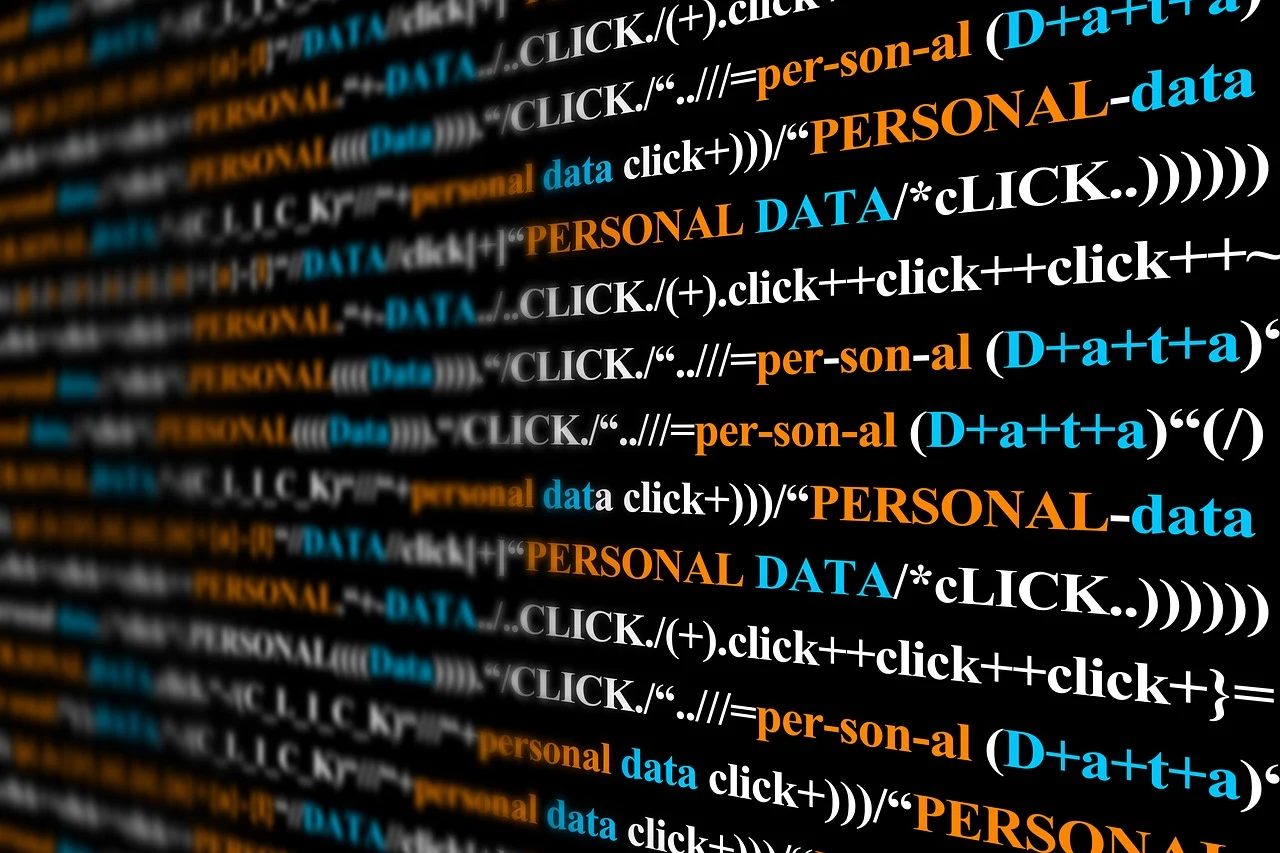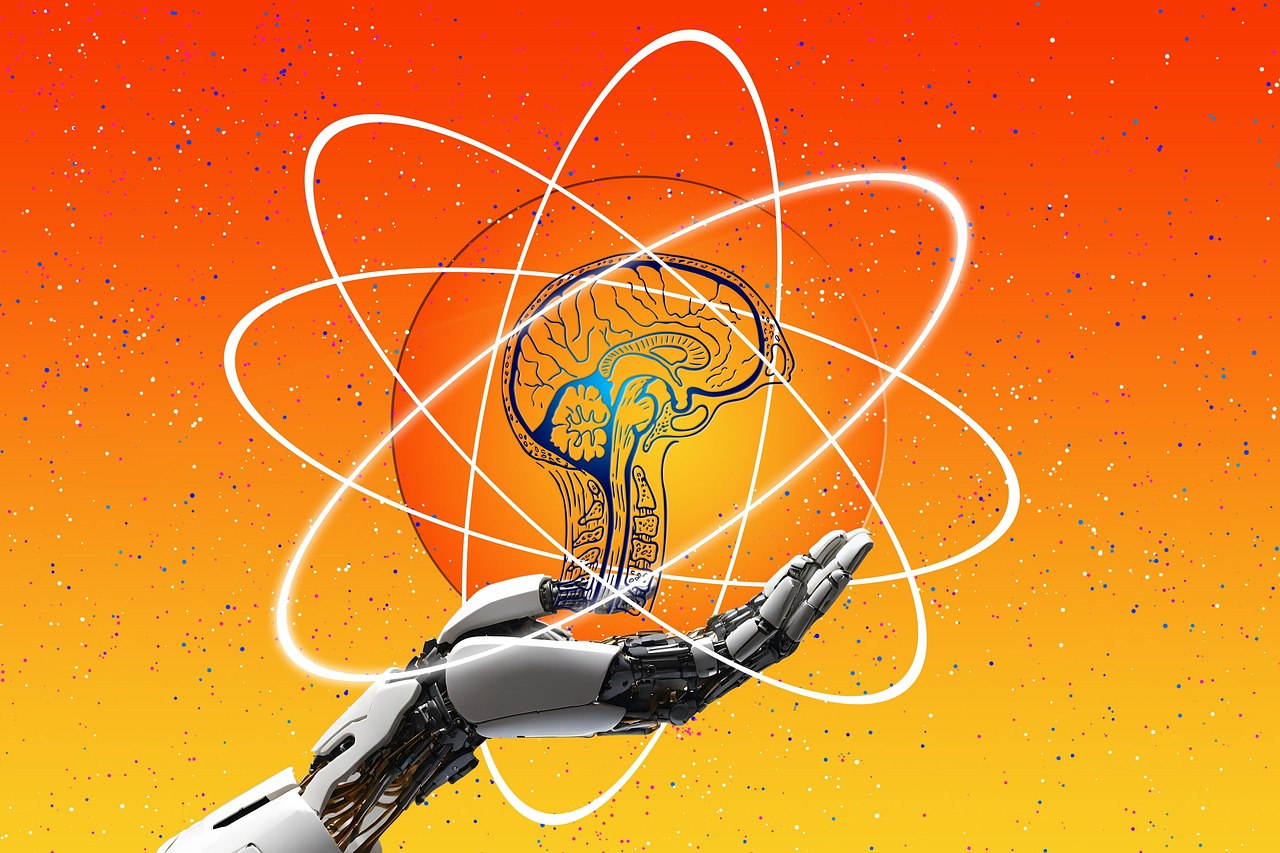Artificial Intelligence (AI) has taken the world by storm and is now an essential part of data science. It’s not just a trend; AI is fundamentally changing the way data is processed, analyzed, and applied across industries. Whether it’s improving the accuracy of predictions or enabling automation of data-related tasks, AI is enhancing data science in multiple ways.
AI in Data Science: The Key Benefits
AI has brought numerous benefits to data science, such as:
- Faster Data Analysis: AI algorithms can process vast amounts of data quickly, helping businesses make informed decisions at an unprecedented speed.
- Improved Accuracy: With machine learning (ML), AI improves its predictions over time, learning from historical data to provide better forecasts.
- Automation: AI automates repetitive tasks, such as data cleansing, processing, and even some aspects of analysis. This not only saves time but also ensures consistency.
Real-World Applications of AI in Data Science
- Machine Learning: ML algorithms allow systems to learn from data and improve without being explicitly programmed. In data science, this is used for pattern recognition, clustering, and classification tasks.
- Natural Language Processing (NLP): NLP enables computers to understand and interpret human language, making it vital for analyzing text data, customer feedback, and social media sentiment.
- Predictive Analytics: AI can help forecast future trends based on historical data. In industries like finance, healthcare, and retail, predictive analytics is used to forecast sales, detect fraud, and even predict patient outcomes.
AI and Data Science in Various Industries
- Healthcare: AI models are now used to predict patient outcomes, identify diseases in early stages, and even optimize treatment plans.
- Finance: In finance, AI helps in fraud detection, risk management, algorithmic trading, and customer service automation through chatbots.
- Retail: AI powers recommendation systems that suggest products based on user behavior, enhancing customer experience.
The Future of AI in Data Science
As AI technologies continue to evolve, we can expect them to take on even more roles in data science. With advancements in deep learning and reinforcement learning, AI’s ability to handle unstructured data (like images, audio, and video) will continue to grow, opening up new opportunities for data scientists to explore.
Conclusion: AI is revolutionizing the future of data science by improving accuracy, efficiency, and predictive capabilities. As a data scientist, embracing AI will not only enhance your skill set but also open doors to cutting-edge opportunities.






